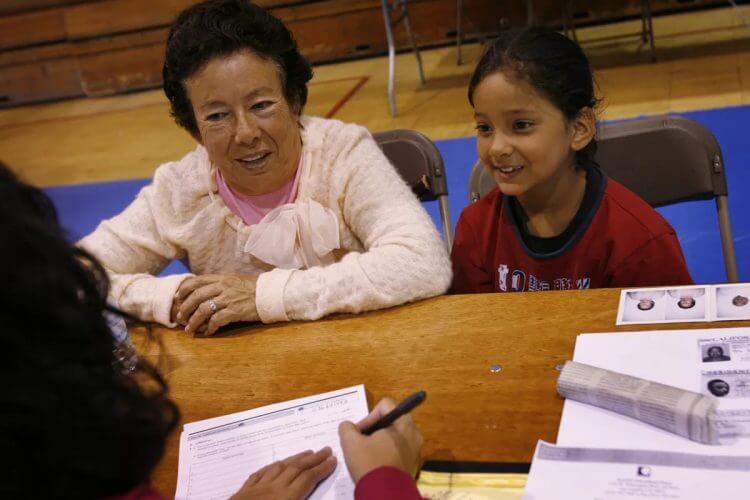Due to the recent problems with our immigration, it has been suggested the US adopt what is known as a US merit-based immigration system. This system is referred to as point-based systems, credit prospective immigrants who have characteristics that are specific and are found desirable, and these include:
- Education
- Skill sets specialized
- Language proficiency
- Employment experience
- Age.
US merit based immigration is claimed by many to save government money as well as raising wages for US workers. Both Canada and Australia are believed to use this system. The adoption of this merit-based system emphasizes skill as well as education would represent a shift in United States immigration policy that could have demographic and economic impacts and require flexibility politically around immigration policy that the country has historically lacked.
1st example
The United States first example establishing qualification for new immigrants was in 1917, when the government added a literacy test for those wanting to enter the country. Then in the 1960s, Congress lifted restriction that had heavily stopped immigration from nations that were non-European. Then they redesigned the system allowing more admission of close relatives of immigrants who were admitted through the ‘family-preference system’, and expressively changed the arrangement ethnically of US population by allowing more Asian and Latin American immigrants.
2015
In 2015, more than one million legal and permanent residents admitted, 44% were immediate relatives of US citizens and 20% entered by a family-sponsored preference. This is according to theMigration Policy Institute, a think tank that is nonpartisan. Only 14% of those who were admitted came through a job-based preference. This merit-based immigration system would increase the latter figure, as it prioritizes those highly educated and considered more employable.
Problems
Currently the US immigration system is having problems with those from South American coming in large caravans to the United State to escape deadly situations in their countries.

